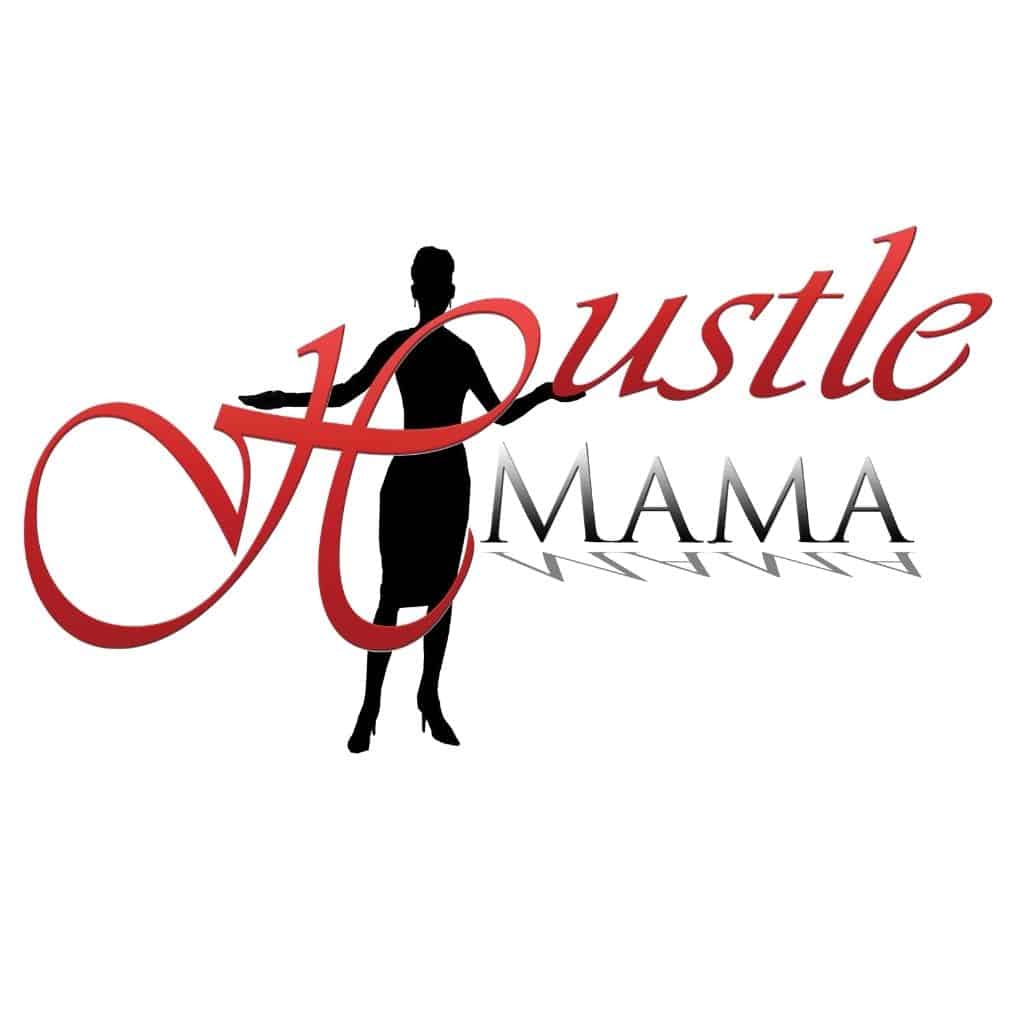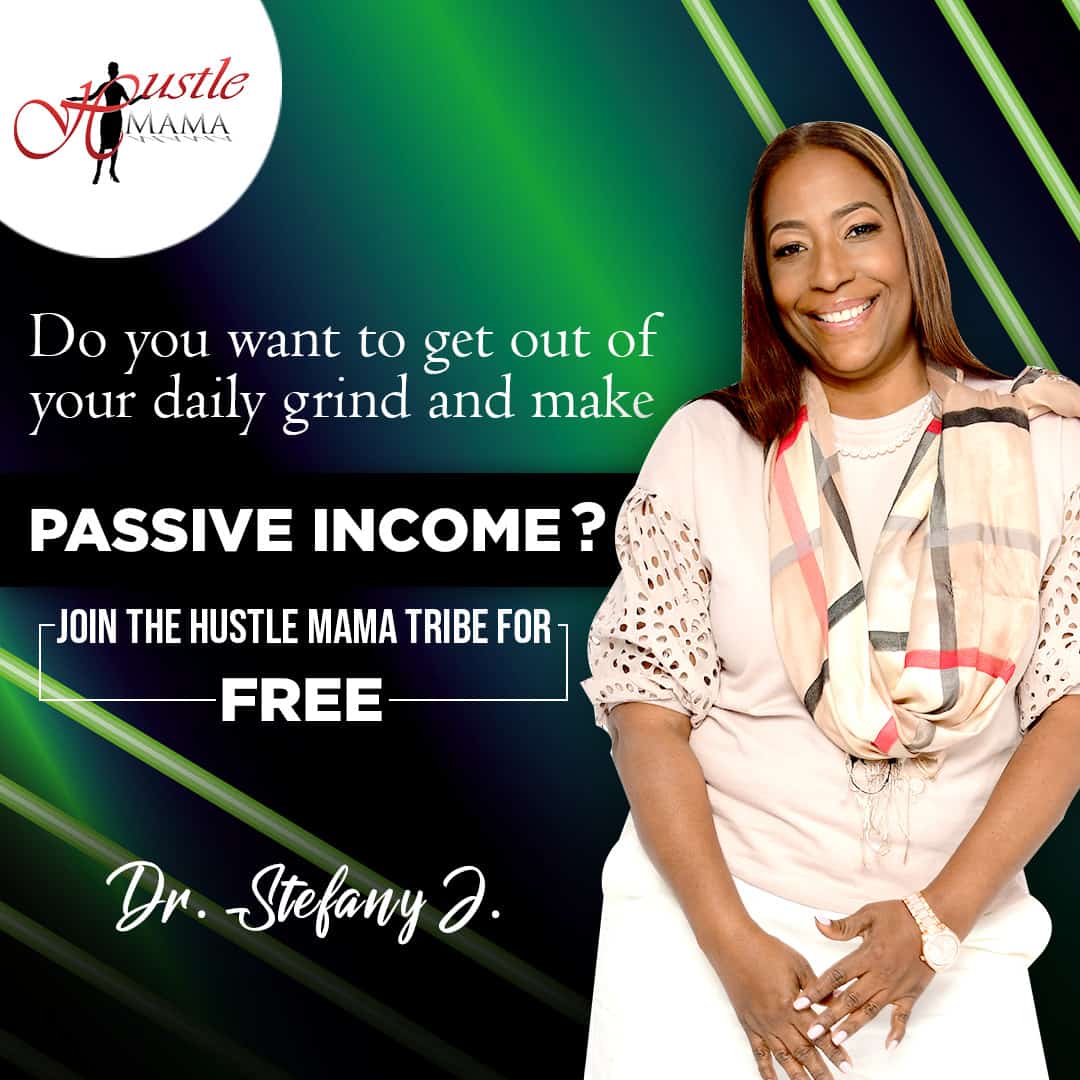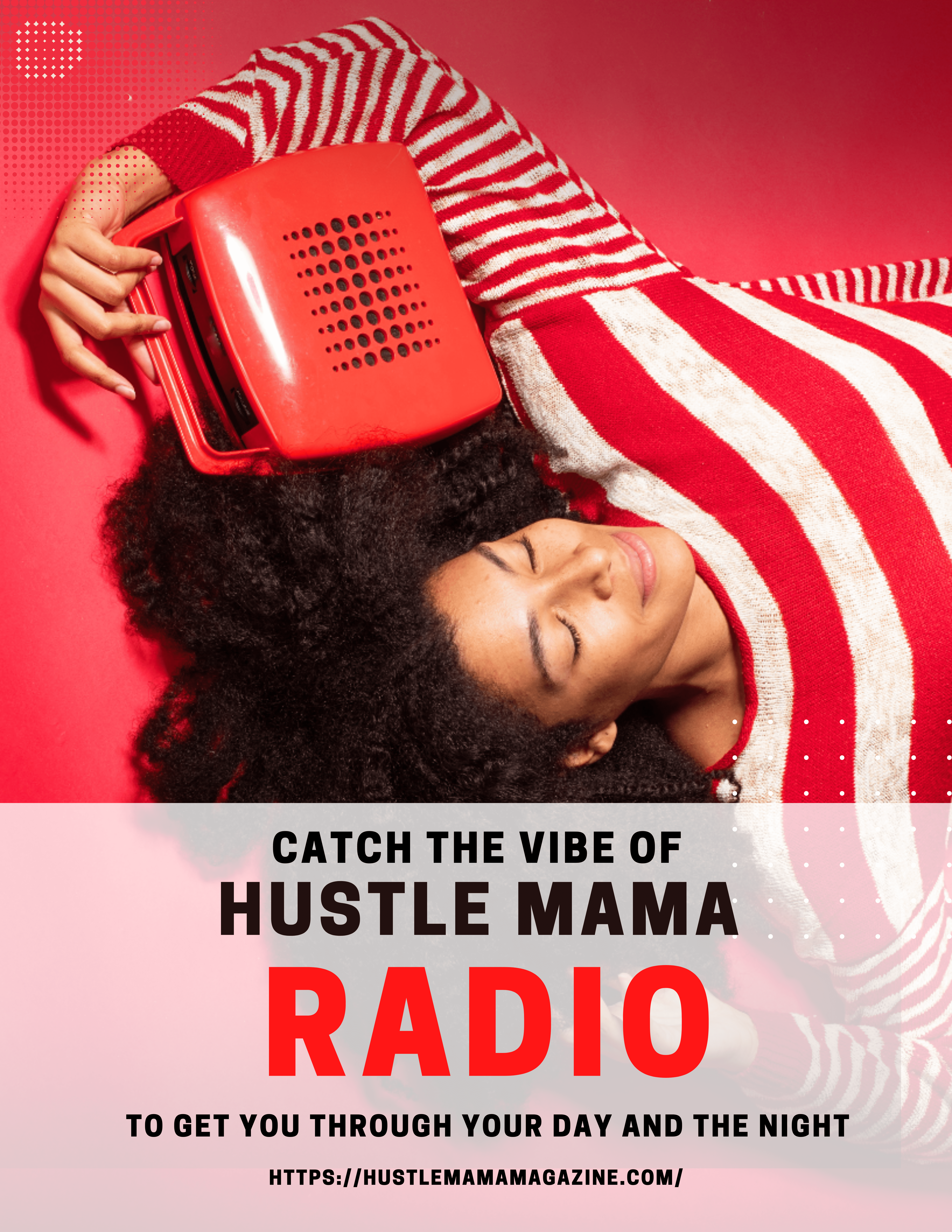by Dr. Melanye Maclin, M.D.
Hair Research Dermatologist
www.drmaclin.com
Serious news regarding the use of hair chemicals and a significant health issue officially emerged in December 2019 that I must share with you! Let me first begin by stating that I am not against chemical hair relaxers or dyes.
My first relaxer was at age 10, but my last one was at age 30, a year after starting my hair research company and gaining knowledge about potentially serious health links.
Many have thought it was ridiculous for hair chemicals or hair dyes to affect the reproductive system for years. However, the chemicals, especially the hydroxide in lye relaxers(sodium hydroxide) and no-lye relaxers/texturizers/ kiddie perms (calcium hydroxide, lithium hydroxide, guanine hydroxide) can absorb and ‘burn’ into your scalp through the numerous pores, cuts, and scratches. These chemicals can not only damage your hair roots but, more importantly, absorb into your scalp blood vessels, therefore entering your main bloodstream. This can result in your body producing hormone-disrupting chemicals affecting both your reproductive system and breast.
Since 1999, I have studied thousands of hair loss cases, many of which resulted from chemical relaxers. However, it was interesting that many of these women were also suffering from uterine fibroids (noncancerous growths). The fibroids cause longer and heavier monthly bleeding, resulting in taking iron pills for anemia. When 2011 published studies linked chemical hair relaxers to early menses/puberty before age ten, uterine fibroids, infertility, and early hysterectomy before age 40, I was not surprised as I had already suspected a potential link in the early 2000s.
Now an even more severe health link to hair chemicals was confirmed in December 2019. Official National Institutes of Health (NIH) eight-year study of over 46,000 women of all races between ages 35-74 linked chemical hair relaxers and semi/permanent hair dyes to breast cancer. However, African-American women had an astounding 45% increase in breast cancer risk compared to other races, with the relaxers causing more issues.
With this significant new health link to breast cancer in addition to reproductive issues, we must continue to sound the alarm and share this vital information. It is especially the early and constant exposure that makes one more likely to get hormone disruption. Therefore. My ongoing passion is to educate against the use of hair chemicals in girls under 18. In fact, in the 2009 Chris Rock film Good Hair, I specifically gave expert advice about adverse hair issues from using chemical relaxers too early in our girls to reduce hair damage. However, given the more severe health links, we must be extra cautious. If over 18 and no hormone health issues still desire to use hair chemicals, please protect the entire scalp with a petroleum base to reduce absorption or use natural alternatives. Continue to join me in helping to spread this critical health information!
For those suffering hair loss, check out the dermatologist-developed natural hair supplement, BellaNutri. Your hair roots can become revived to grow hair thicker, faster, longer, and healthier. www.bellanutri.com






